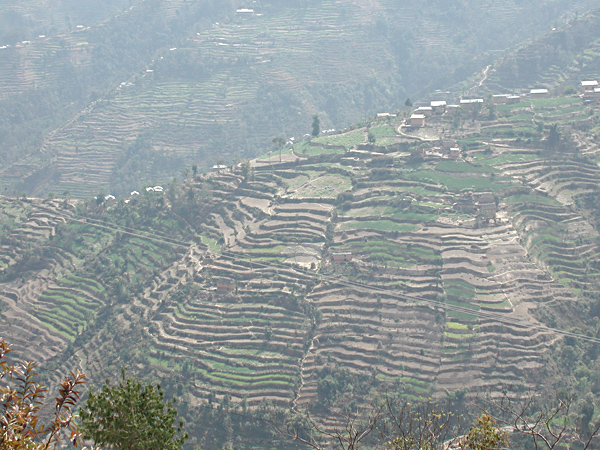Activities
Impacts of introducing a biogas generator by using animal manure to forest resources protection in Nepal: Assoc. Prof. Kasumi Ito
This study aims to identify the impacts of a household biogas generator on the utilization and protection of forest resources as well as the livelihood of rural people. In most developing countries, deforestation is derived from the consumption of firewood for cooking and heating. The household biogas generator has been introduced in many developing countries, mainly by international donors including non-governmental organizations, as an alternative source of fuel, in order to reduce the consumption of firewood. However, its introduction in developing countries has accelerated, without any observation of its negative impacts or the necessary conditions for maximizing the benefits of its introduction.
The country of Nepal, one of the first countries to introduce biogas and therefore possessing one of the longest histories of using household biogas generators, was selected as the target area for identifying the potential positive and negative impacts of biogas, as well as the necessary conditions for maximizing its benefits, through an analysis based on quantitative and qualitative field surveys. The results of this study will contribute to the introduction of biogas in other developing countries.
 Degraded forests in hilly areas of Nepal |

